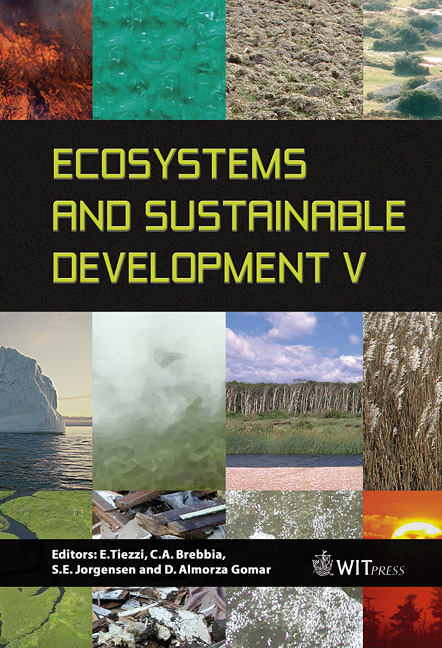Environmental Impacts Of Commercial Energy Efficiency
Price
Free (open access)
Transaction
Volume
81
Pages
12
Published
2005
Size
435 kb
Paper DOI
10.2495/ECO050331
Copyright
WIT Press
Author(s)
K. Tiedemann
Abstract
The Government of Canada signed the Kyoto Protocol in December 1997 and committed itself to reducing greenhouse gas emissions by six percent below the levels in 1990 between 2008 and 2012. One of the Canadian initiatives to address global warming is the Dollars to Sense program. The Dollars to Sense program provides small and medium sized Canadian businesses with a set of three workshops that help participants find and implement energy cost savings measures and address global warming. The purpose of this paper is to report on discrete choice modeling and engineering analysis of commercial sector enterprises that were used to estimate the impact of the Dollars to Sense program on retrofit actions undertaken, energy savings, and reductions in carbon dioxide emissions. Keywords: energy conservation, program evaluation, discrete choice models, greenhouse gas emissions. 1 Introduction A key international program to address the problem of global warming is the Kyoto Protocol. The Government of Canada signed the Kyoto Protocol in December 1997 and committed itself to reducing greenhouse gas emissions by six percent below the levels in 1990 between 2008 and 2012. The Kyoto Protocol is the main response of the international community to strong and growing evidence that human economic activity is having quantifiable and potentially significant impacts on the earth’s climate. One of the Canadian initiatives to reduce greenhouse gas emissions is the Dollars to Sense program, which consists of three coordinated workshops for energy managers of business facilities sponsored by Natural Resources Canada
Keywords
energy conservation, program evaluation, discrete choice models, greenhouse gas emissions.





